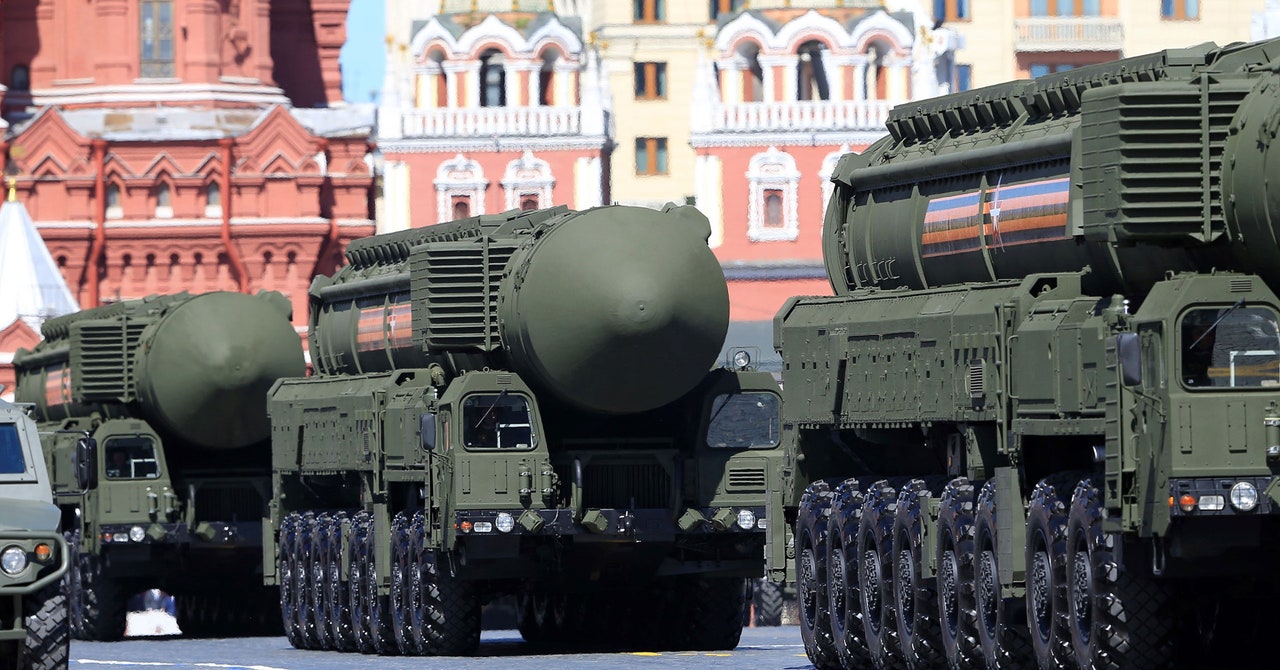But Zhora stressed that while it would be wrong to overestimate how powerful Russia’s cyber capabilities are, it would also be wrong to underestimate its more “sophisticated” operations. “We have to continue to monitor their potential, like Sandworm, like Fancy Bear, like Gamaredon, many other groups that are still active and still very dangerous,” he says, referring to a number of Russian government hacking groups.
Brandon Valeriano, a senior fellow at the Cato Institute who specializes in cyber operations, says offensive cyber operations don’t mesh well with traditional, kinetic warfare. At best, he says, “they’re enabling, they’re complementary … they’re not transforming it.”
Valeriano points to the slowdown in Russian-backed cyberattacks targeting the United States as evidence that Moscow’s capabilities are not as great as some have estimated. “They’re not set up for offensive cyber operations the way we think they are,” he says.
Kiev’s ability to retaliate against these operations, Valeriano says, can be attributed to “intense cooperation between Ukraine, Western powers and NATO.” Indeed, the Five Eyes signals intelligence agencies provide training and support to Ukraine’s cyber defenses and share threat intelligence. (Jorah stresses that sharing information is a “two-way street.”)
Ukraine has been able to defend itself, both in cyberspace and in outright propaganda warfare, because it has been able to stay online. Fedorov credits a decentralized network of Internet service providers and Elon Musk for this.
“It would not be possible to restore 10 km of cable connection between villages in Chernihiv region so quickly after serious fighting,” he tweeted earlier this month. “It usually takes a few months.” But with one Starlink satellite, he says, five villages have been reconnected in a matter of days.
“We’ve received over 10,000 Starlink terminals to date, and we’re using those where we have blind spots with, say, more traditional coverage,” says Fedorov. “So we are trying very hard to restore and protect our landline and mobile connections.”
Like any physical infrastructure, these Starlink terminals – which even managed to keep the embattled city of Mariupol online – were vulnerable to Russian fire. Zhora says that Russia was able to hit some of these terminals, but was unable to attack the system as a whole. “I guess it’s a coincidence that some projectiles hit these terminals and places,” Jorah says. “It’s not easy to identify them and attack them systematically.”




